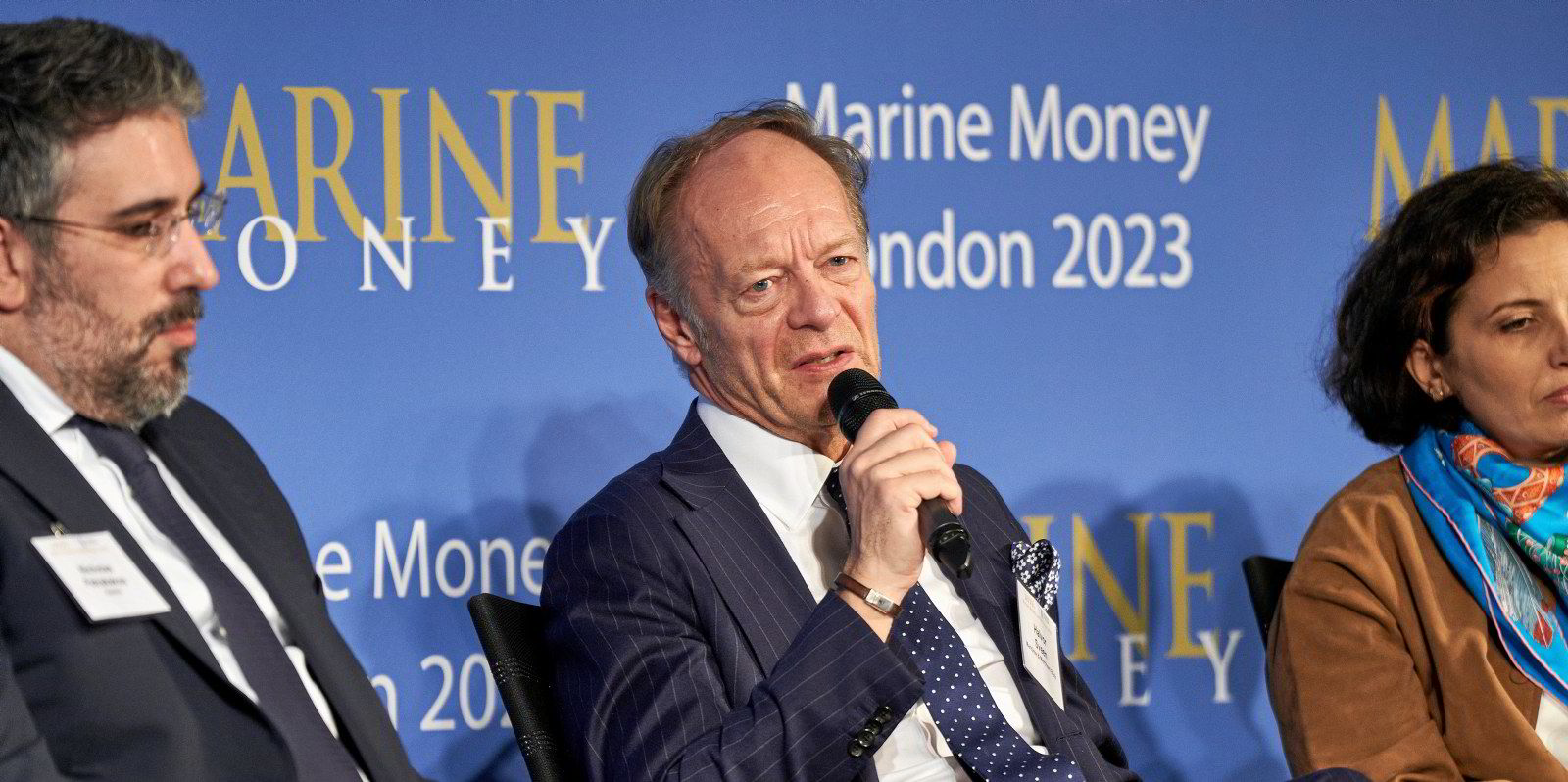German lender MM Warburg is expanding into the private debt market with the launch of a $150m shipping credit fund.
Ship finance veterans Christian Speer and Jens Dose, who co-manage the Hamburg-based shipping desk, believe the move will help raise the bank’s profile and enable “more and bigger transactions to come”.
The privately owned bank has hired senior professionals from the German fund management sector to form the team that will run the Luxembourg-based credit fund.
“It’s already in place. The signatures have been set and the roadshows for the investments will start very shortly,” Speer confirmed.
Warburg’s shipping team are confident of making inroads into a sector that they had previously abandoned.
A ship credit fund was launched for the German market after the banking duo joined Warburg in 2016. However, the fund was closed after two-and-a-half years because it failed to attract interest from institutional investors for tax reasons.
Now is deemed an opportune moment to again expand Warburg’s lending capabilities together with financing from partners.
The bank has already done transactions with institutional partners such as pension funds or insurance companies “who like our conservative and cautious risk appetite”, Dose said.
Those loans have so far been done wholly on a bilateral basis. Warburg has generally retained a 20% to 40% stake, with a sub-participation offered to others.
“We don’t like syndications and consortiums. But we like partners with the same risk appetite as us. So, we invited them to co-invest in our loans,” Speer said.
Clean record
Private debt is one of the target areas for further growth of the shipping division, Dose said.
“We have been doing that in the past, but we want to do this in bigger volumes in the future to be more visible in the lending market,” he said.
The expectation is that shipping debt fund will take the bank into “a more structured environment, enabling us to approach more alternative lenders”.
The fund is provided as a tool “in an interest environment where you can add additional value with very conservative alternative assets”, Speer added.
Dose said Warburg and its shipping team have “a clean record”, having never faced any losses from lending to shipping, even during the crisis years of 2007 and 2008.
The bank achieved that by focusing on liquid assets in the dry, wet, container and multipurpose segments.
“Our business model has been servicing clients from the cash management side,” on which front there is “growing demand from many countries”, Dose said.

The company has core clients in Greece, Cyprus and the UK, as well as institutional investor funds in Norway.
The shipping division has been largely unaffected by a strategic realignment that saw the German bank close the financial year with a loss of €34.6m ($37.2m).
The shipping division reported net profits “in the double-digit millions” in 2022.
“From that perspective, we are a very good strategic addition to the service portfolio of the bank,” Dose said.
The shipping desk benefited from strong growth in commission income in foreign payment transactions and associated customer deposits.
In line with industry trends, the shipping loan portfolio has shrunk as many loans were repaid.





